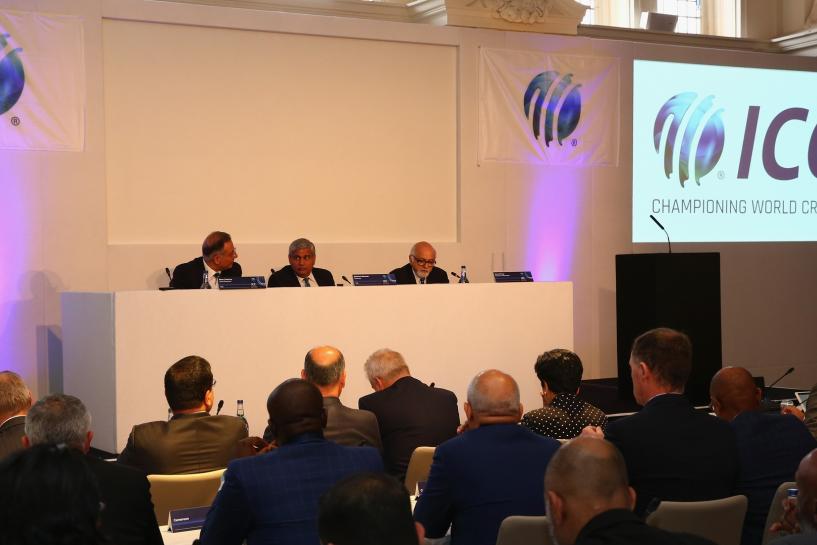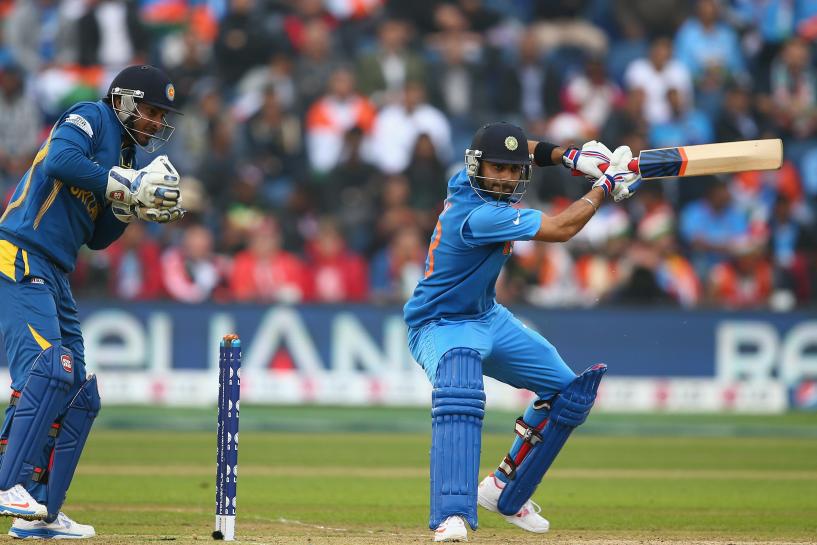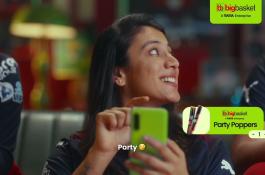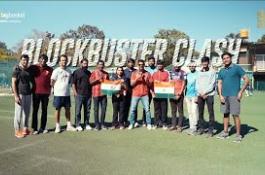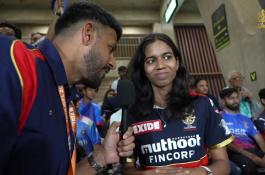Lisa Sthalekar recounts her encounters with casual racism
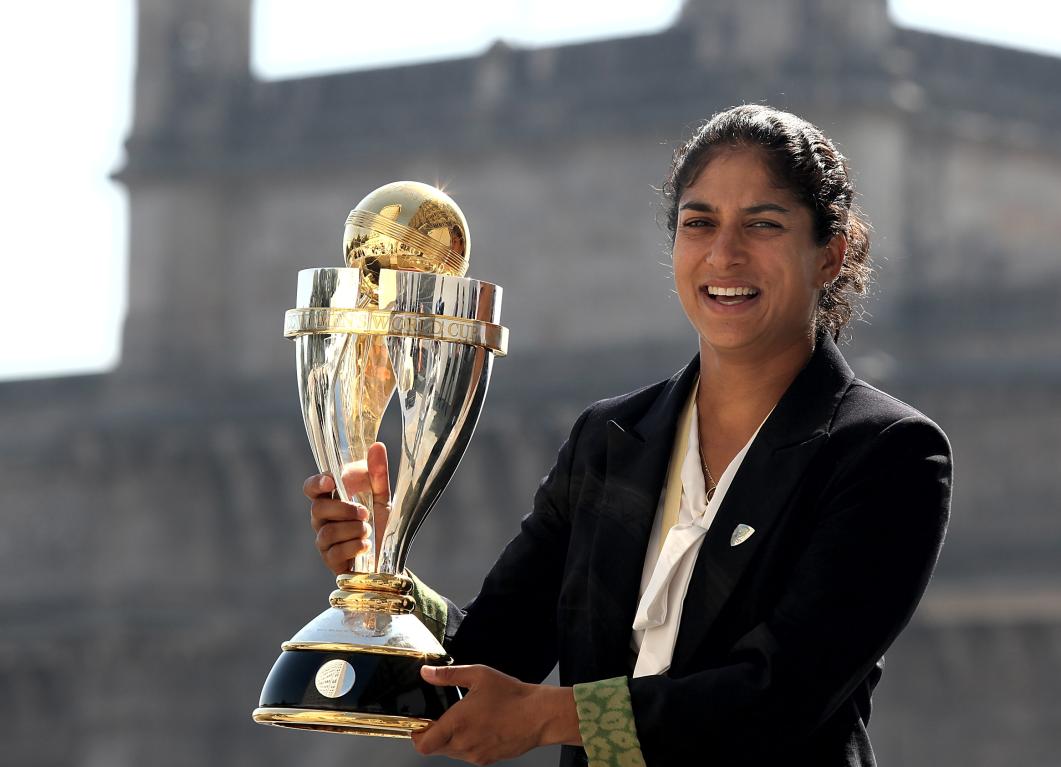
The cricketing world has not been left too far behind when it comes to fighting social injustice, and the voice against racism gaining strength, with cricketers opening up on their personal experiences over the past few days. Current players have not only come out and spoken openly on the prevalent racial discrimination in the sport, but a few have also pledged their allegiance and promised to take action to condemn the act.
The recent events have triggered an outpouring of confessions about facing discrimination based on skin tone, and now, former Australian cricketer, Lisa Sthalekar has spoken out on her experience growing up with an Indian origin in Australia. “There was one time where... I don't even know the circumstances, but my teammates were trying to pin me down and put a bindi (worn in the middle of the forehead by Indian women) on my forehead with a permanent marker (because I was Indian). And I was fighting that off because it pissed me off.
There's been casual racism within cricket teams regularly growing up. People would say, 'You need to carry the bags, Lisa'... things like that over the years. Obviously things changed in the environment and what was acceptable changed, but I've had a few incidents that haven't been great. But I think if you're a sportsperson you tend to have a thicker skin because you're constantly getting judged or critiqued or the banter on the field. Maybe that allowed me to cope,” Sthalekar recounted.
Sthalekar’s sister, however, had it much worse growing up. “I know my sister had a lot of issues growing up in Australia. She is from Bangalore and is a lot darker. She was probably the only one within her school that was that dark and wore glasses... she didn't have the luck of the draw in that sense. She had to actually move schools because she was getting bullied, but those things unfortunately happen. But both me and my sister have always had an open, honest relationship with our parents. That enabled us to move on and get on with things. Like I said, for me, it wasn't as bad as it was for my sister. Sport covered over things for me that were there for others,” said Sthalekar.
Lisa Sthalekar reckons that her being good at sports helped her pass through the phase unscathed. “I think for me because I was okay at sport, the prejudice that may have existed, disappeared because people were happy to have me on their team. I always thought... and this is where casual racism comes in, but I always thought I was white and I tanned really well. I never felt different. I felt like an Australian. I never felt like I was different to any of my teammates. When it was pointed out to me that I was different, I thought to myself...I don't feel different, I don't act differently, do I?”
Having hung up her boots in 2013, Sthalekar has taken to a career in broadcasting like fish to water. The Pune-born cricketer who went on to represent Australia believes that the cultural diversity in broadcasting helps quell the matter of discrimination in the field. “I don't believe so because what they tend to do with most broadcast teams is just from a commentary panel there is diversity now; male and female, people from different countries as well, their perspective of the match,” said Sthalekar. “And then if you dig a little bit deeper, if you look at the 100-odd people who are working behind the scenes to make sure the pictures, sounds, and everything is working, that is a broad group of multi-cultural people coming together - South African, Indian, English, Singaporean, Australian, Americans, you name it... we're all in one melting pot trying to give you guys the broadcast. I've never felt it in the broadcast world, but I'm sure there would be some people who would have some examples of what it was like earlier,” she added.
Sthalekar ended on a positive note, believing there is hope now more than ever with more people being aware of the issue of racial discrimination. “What we're seeing now is that there is racism unfortunately everywhere; everywhere we go. And probably in this country than anything, there is an acceptance of diversity and multi-cultural, but there is casual racism. And that I think is changing. People are now just starting to look within probably a little bit more and how they conduct themselves. It is everywhere on our screens and you go 'hang on, what do I say...I probably shouldn't say this or I probably shouldn't make this joke'. So I hope that what it's done is enlightened everyone to just look within first and foremost before pointing fingers at everyone else,” she said.
[Cricbuzz inputs]
















